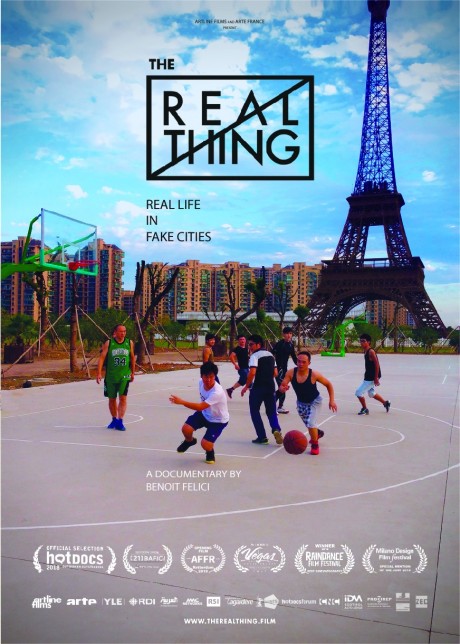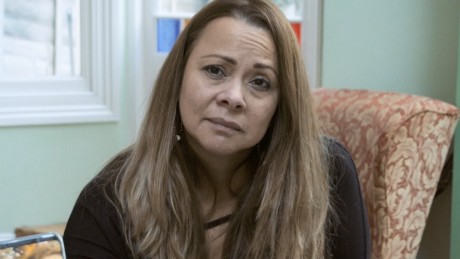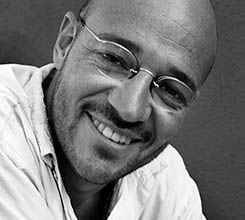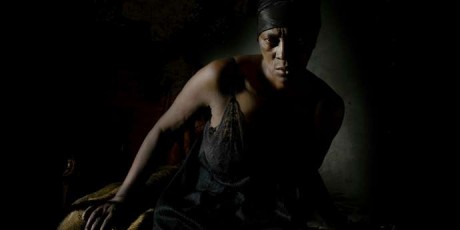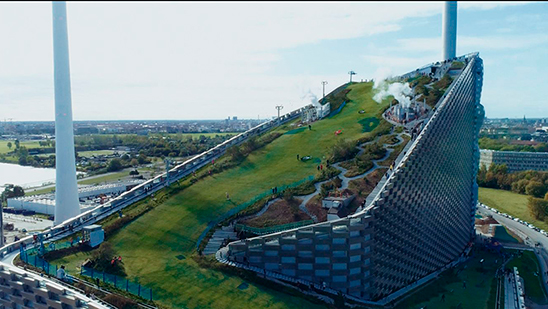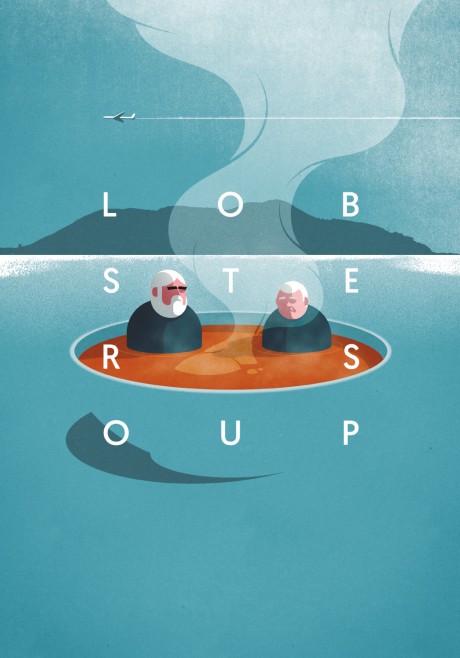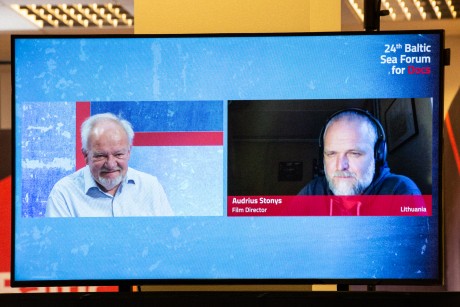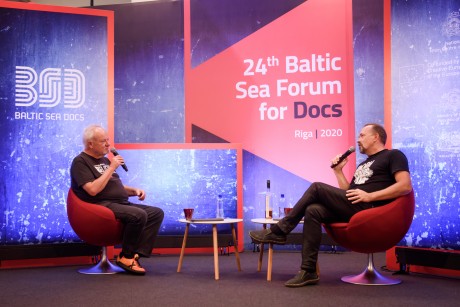


Giedrė Žickytė: The Jump
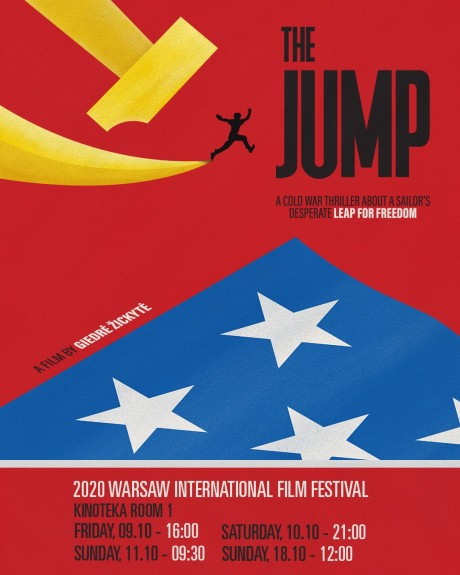
As you can see from the photo of the flyer, the new film by Lithuanian director – and producer – Giedrė ickytė premiered yesterday at the important Warsaw Film Festival, with three more screenings. Go if you happen to be in the Polish capital. It is the first stop of a long festival career (next one is Roma Film Festival), I am sure. And she deserves that, Giedrė ickytė, I can say so having followed the film for the years it has been on its way. I just read how Davide Abbatescianni introduced the film in Cineuropa, a very fine introduction with no spoilers, link for the whole article below:
”It’s Thanksgiving Day, 1970. The US Coast Guard sets out to meet a Soviet vessel anchored just off the shore of Martha’s Vineyard. A one-day conference between the two nations has been set to discuss fishing rights in the Atlantic Ocean. While the talks are in full swing, Lithuanian sailor Simas Kudirka jumps across the icy water onto the American boat in a frantic bid for freedom. To his horror, and to the outcry of the world media, the Americans return him to the Soviets and he is tried for treason. The event sets off a series of protests throughout the USA begging for his freedom and all hope seems lost, until new information about Simas’s citizenship surfaces.”
On the flyer the film is launched as “a cold war thriller”, which it is, but it is much more than an ordinary Netflix film with the two super-powers… I am biased as I have seen material and versions several times – and what has amazed me from the very start is the warm and humorous angle with which the director connects to the lively and lovely protagonist, the once young and now old Simas, whose story is second-to-none. It’s about politics way back in the 70’es without minimizing the humanistic approach from both Simas and the American sailors, who had to ”return him to the Soviets”, as written above. And those helping him, Lithuanians in America.
Giedrė ickytė, producer herself and her Latvian producer Uldis Cekulis, and many many others deserve a thank you for never giving up, when it comes to get access to (and pay for!) archive material and people who remember, like Henry Kissinger, a scoop to have him on camera, and on archive at the funeral of President Gerald Ford.
The Jump. The old man goes to have a swim. He walks along the bathing pier, puts his hand into the lake to feel the temperature, stands up and jumps. Beatiful metaphoric beginning and it comes back at the end, where he gets up from the water and goes to his house. He watches the American film based on his life (Alan Arkin as him), ”it’s very American in style”, he says. The film of Giedrė ickytė in much closer to the tradition of Baltic documentary. Thanks for that!
Lithuania, 2020, 85 mins.
